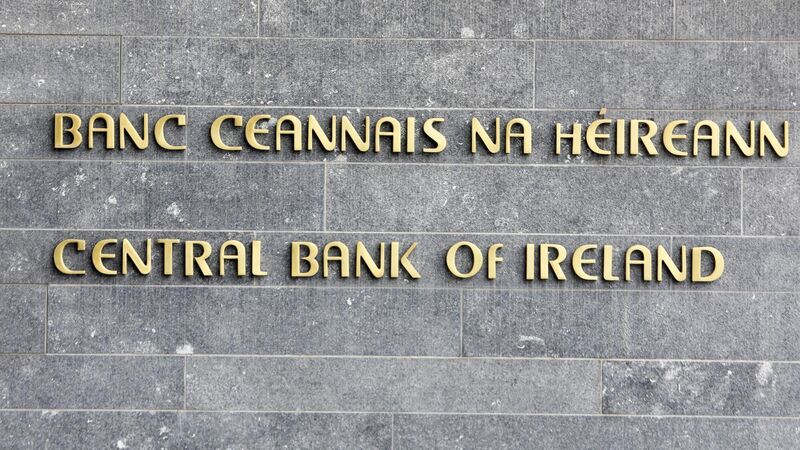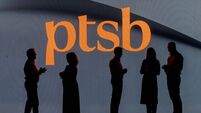Thu, 01 Jul, 2021 - 08:41
Geoff Percival
The Central Bank expects the economy to surge this year and unemployment to fall, but it has again suggested that tax increases may be needed to cover a continued rise in Government spending.
It also expects it to be “many years” before housing supply meets rising demand, with the housing crisis likely to continue to be a drag on the economy.
Already a subscriber? Sign in
You have reached your article limit.
Subscribe to access all of the Irish Examiner.
Annual €130 €80
Best value
Monthly €12€6 / month
Introductory offers for new customers. Annual billed once for first year. Renews at €130. Monthly initial discount (first 3 months) billed monthly, then €12 a month. Ts&Cs apply.
CONNECT WITH US TODAY
Be the first to know the latest news and updates












